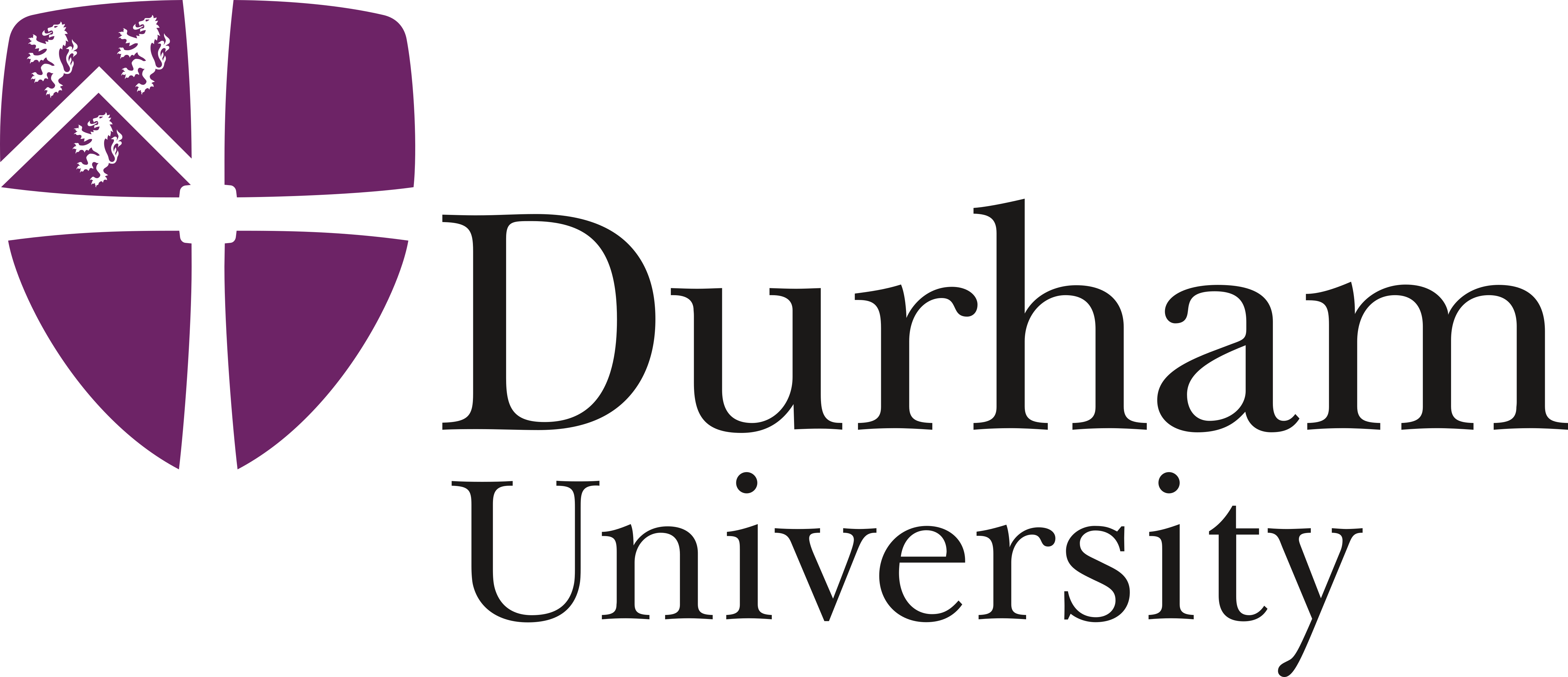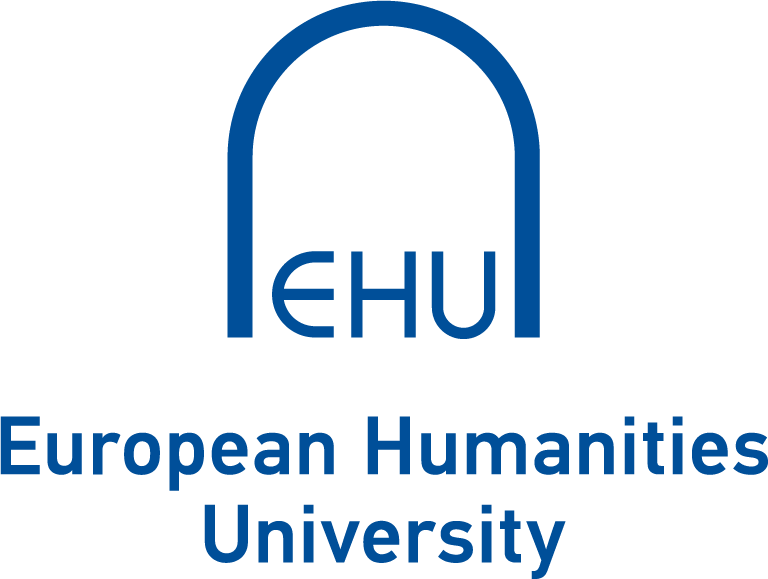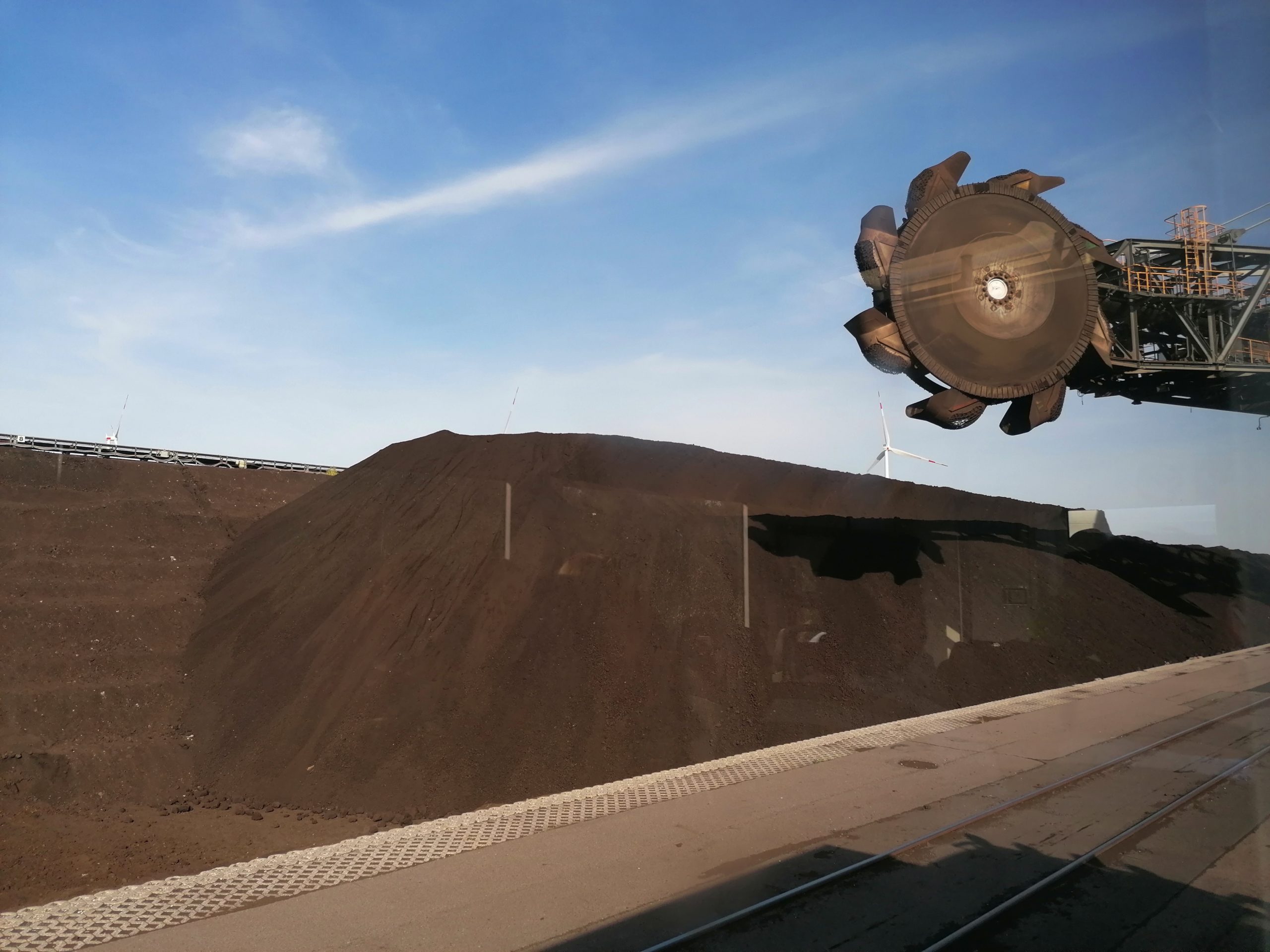About
Organization and Funding
The Summer School is hosted at the Martin-Luther University Halle-Wittenberg (MLU).
It is organized in cooperation between the Institute for Social and Cultural Anthropology (MLU), Centre for Interdisciplinary Regional Studies (ZIRS) and Institut für Strukturwandel und Nachhaltigkeit (HALIS) at MLU, as well as the Department of Anthropology at Durham University, the Department of Social Sciences at the European Humanities University Vilnius, and CityIndustries Research Network.
The Summer School is funded by the German International Exchange Service (DAAD) and MLU Halle-Wittenberg.
Regional Context
Martin Luther University is located in Halle, an urban centre within the German federal state of Saxony-Anhalt. Being part of the Central German Mining District, this region has a vibrant and long industrial history, hosting a variety of (mostly still carbon-based) industries such as coal mines, electricity plants, or chemical factories. Due to Germany’s ongoing coal phase-out (Kohleausstieg) and transition to fossil-free energy production (Energiewende), this region is currently undergoing profound economic and social changes. Regarded as a laboratory for the development of non-fossil technologies and lifeworlds, the area thus makes for a perfect site to investigate post-carbon futures in the making.
Objectives and Learning Outcomes
The Summer School addresses international PhD and MA students from Social and Cultural Anthropology, Human Geography, Urban Studies, Energy Humanities, and other disciplines interested in and working on topics related to energy transition and its multiple social and environmental effects. Thus, the Summer School’s participants will have a unique possibility for international exchange and will be able to follow energy transition processes and their social consequences on the ground. A central objective is to develop comparative perspectives that relate observations during the field trips to own research projects conducted in different places and social contexts and relate these empirical observations to theoretical approaches and broader questions, such as climate change and sustainable life in the Anthropocene, and just transition.
The aim is:
- to explore relevant current debates in social and cultural fields together with international lecturers;
- to discuss the challenges of energy transition and coal phase-out with regional experts from the industry, politics and other practice fields;
- to relate theoretical approaches to empirical examples from the Central German Mining District;
- to support the development of participants’ individual MA and PhD research projects.
Organizers






